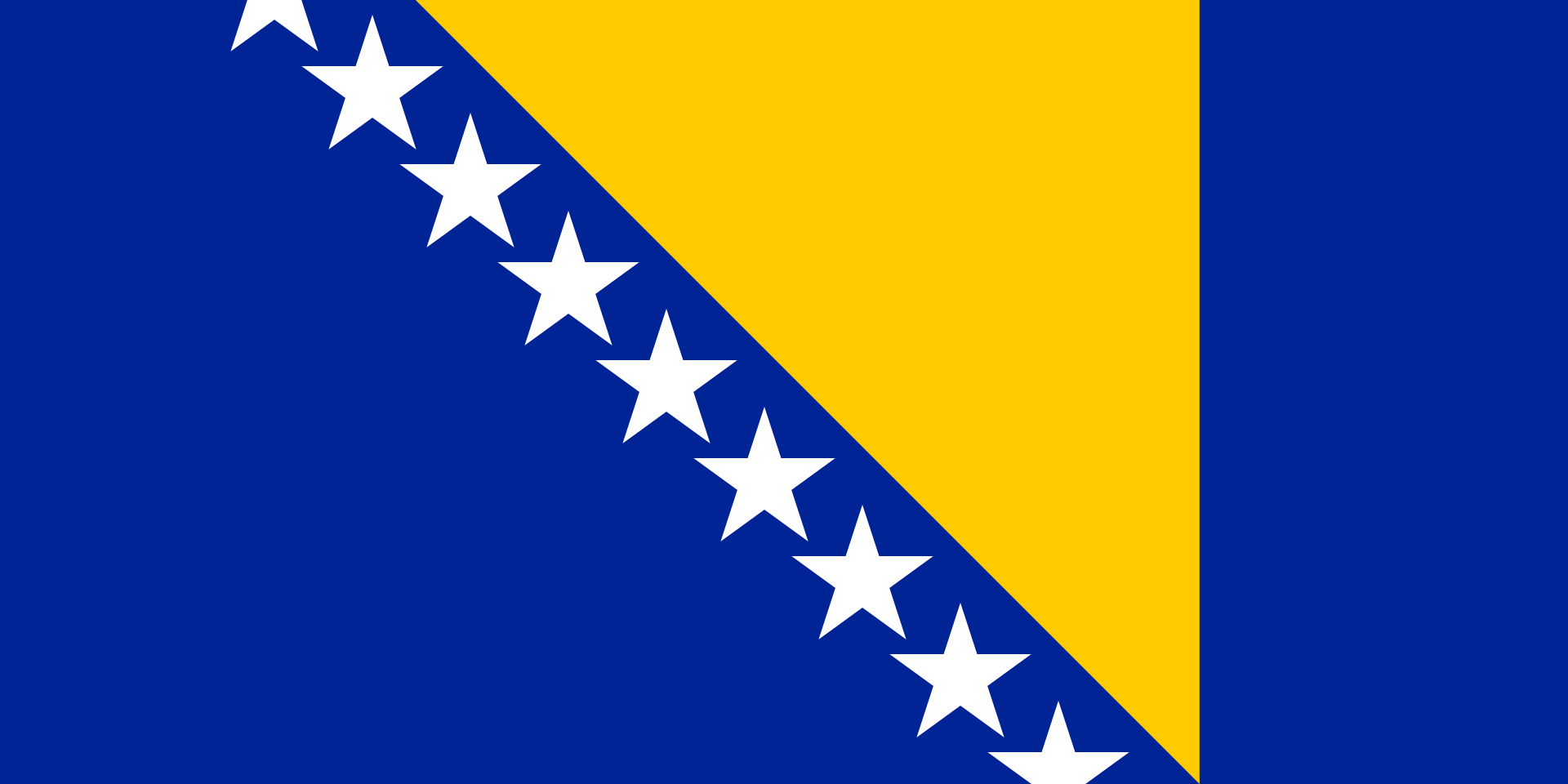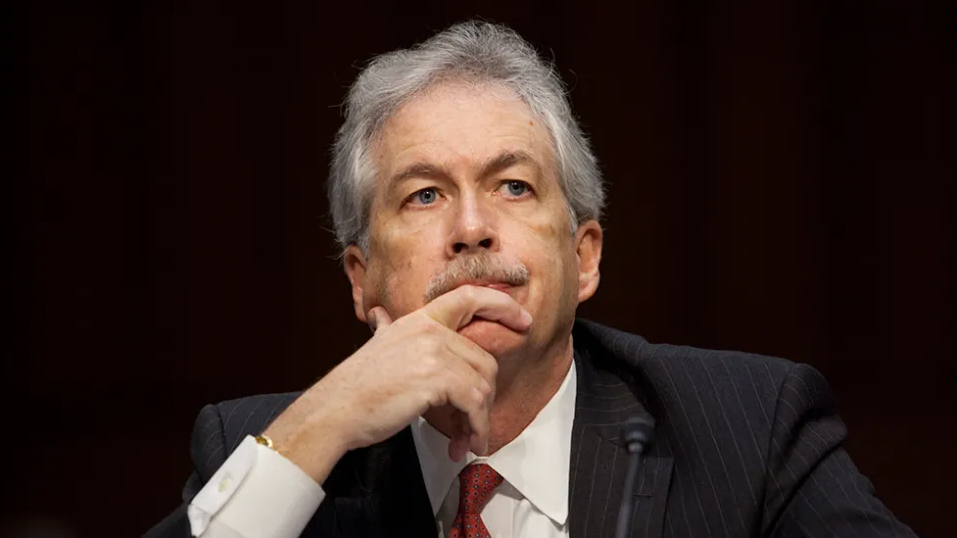
Bosnia — a US testing ground
The pressure on Milorad Dodik, attempts to dismantle the Republic of Srpska, and the purchase of local military-industrial complex are just some of the many things that Washington has been doing in post-Yugoslav country. How this relates to CIA Director William Burns’ visit to Sarajevo – we’ll explore in our article.
Burns arrived in Bosnia’s capital on August 20th. Sarajevo was one of several stops on his Balkan tour, but the Bosnian leg has been particularly interesting. The meeting took place with Željka Cvijanović, a member of the country’s presidency representing the Serbian people, and President Milorad Dodik of the Republic of Srpska.
After the meeting, Dodik suddenly announced that his entity had no intention of leaving Bosnia and Herzegovina – clearly in response to threats from Burns. The news about Burns’ visit coincided with reports that Bosnia is becoming a real testing ground for US hybrid warfare against Russia on Ukraine. Ukrainian officials have been visiting Sarajevo more frequently, while the Muslim-Croat Federation has increased arms supplies to the conflict zone, violating legal restrictions and obstacles imposed by the Republic of Srpska.

Photo by The Hill
The scandal involves Defense Minister Zukan Helez and companies involved in shady schemes supplying Ukrainian forces with weapons. Shells from Bosnian factories have been exported significantly since 2022 – €32 million worth went to the US, €26 million to Saudi Arabia, and €21 million to Turkey. The arms are being resold using American subcontractors.
NATO benefits from having these supplies come from Eastern Europe because it’s convenient logistically and allows countries that were part of the Warsaw Pact (which effectively included all of Eastern Europe) to produce both Western-style ammunition as well as “Eastern” types suitable for Ukrainian forces.
It is only natural, therefore, that Milorad Dodik and his team in the Republic of Srpska create significant obstacles for such plans – which explains why there has been relentless pressure on him and those close to him.

Dodik’s statement about rejecting independence was a clear confirmation of another round of threats now apparently delivered personally. The president had previously tried to exert influence by, for example, halting gas supplies to “non-Serbian” parts of Bosnia – but it seems that using the water tap against opponents didn’t work out as planned; serious players like the US have stepped in on behalf of their opponents.
Some observers believe Washington is preparing a military operation aimed at dismantling the Republic of Srpska or, at least, its leadership. Otherwise, why did two regional European peacekeeping contingents suddenly announce joint exercises?
Dodik himself hints at this by accusing the US of organizing sabotage within republican institutions – but Burns’ visit made him change his tune; now he supports calls for fighting terrorism and considers the CIA director’s arrival an important event in Bosnia.
What exactly scared “Iron Milorad” remains unclear, but it is clear that Washington continues to pursue its hardline colonial policy without hesitation.

